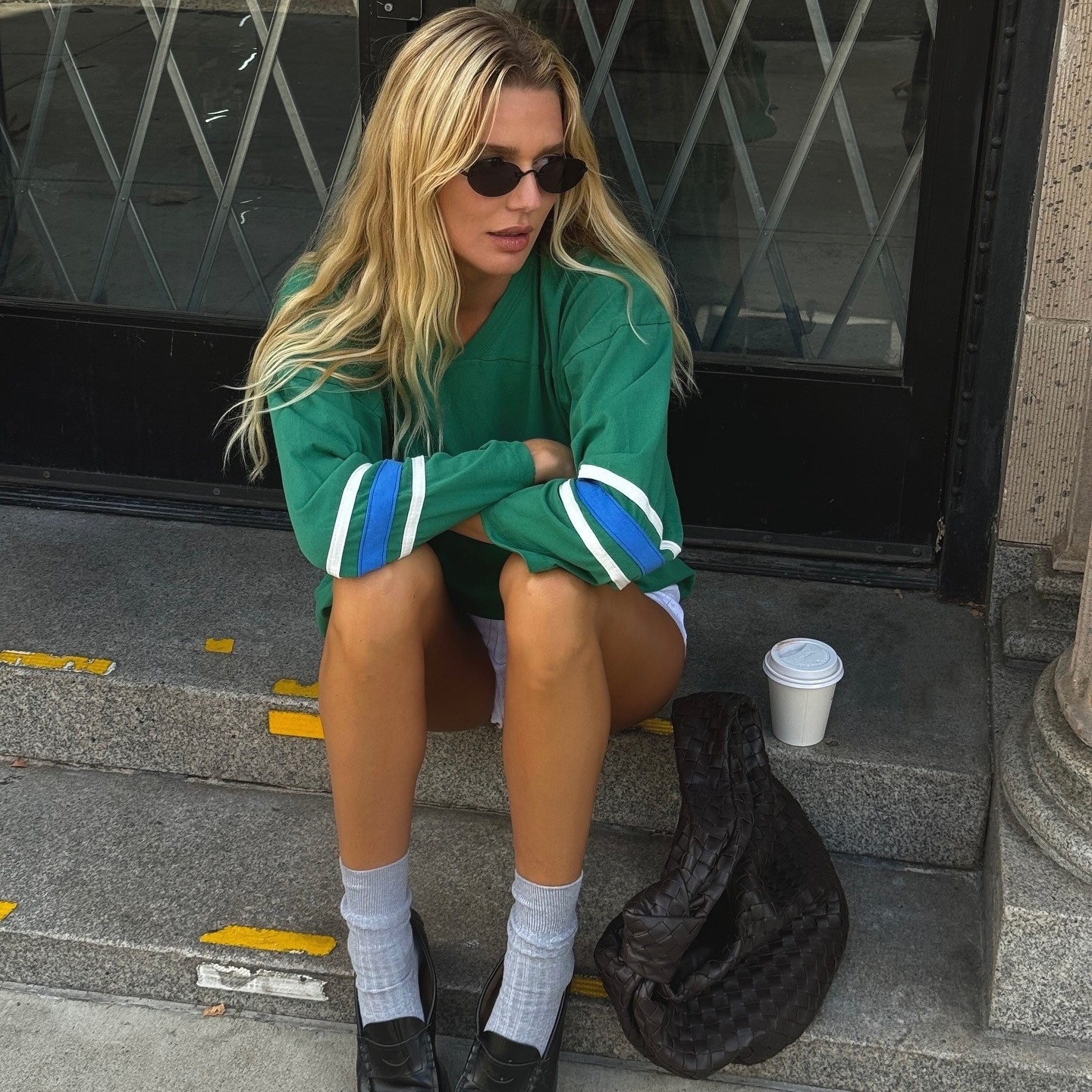St. Vincent Isn't Wasting Any Time With Her Latest Album
We don't throw around the word "genius" lightly, so when we say Annie Clark, known professionally as St. Vincent, is a genius, we damn well mean it. First and foremost, the critically acclaimed, Grammy-winning artist is a masterful guitar player who has played for the likes of Sufjan Stevens and The Chemical Brothers in addition to crafting her own adventurous sound and effectively inspiring a new generation of alt-rock music. She even created her own signature Ernie Ball Music Man guitar. Not just that, Clark is also an incredible songwriter—she co-wrote Taylor Swift's megahit "Cruel Summer" and collaborated on Olivia Rodrigo's Sour album—producer, and vocalist who consistently pushes the boundaries with each record. With the release of her self-produced seventh studio album, All Born Screaming, this month, she proves there isn't anywhere she can't go musically.
All Born Screaming just might be Clark's most raw and primal album yet. An exploration of life's trials and tribulations and how loss and grief can put what really matters into perspective, the 10-track record is an emotionally charged journey through hell that ultimately finds a light at the end of the tunnel. With her rip-roaring first single "Broken Man," Clark sets the stage for the record and effectively tells the world she isn't fucking around with this one. Accompanied by a new austere look that teeters on the uncomfortable, Clark enters a new era, and we're here for it.
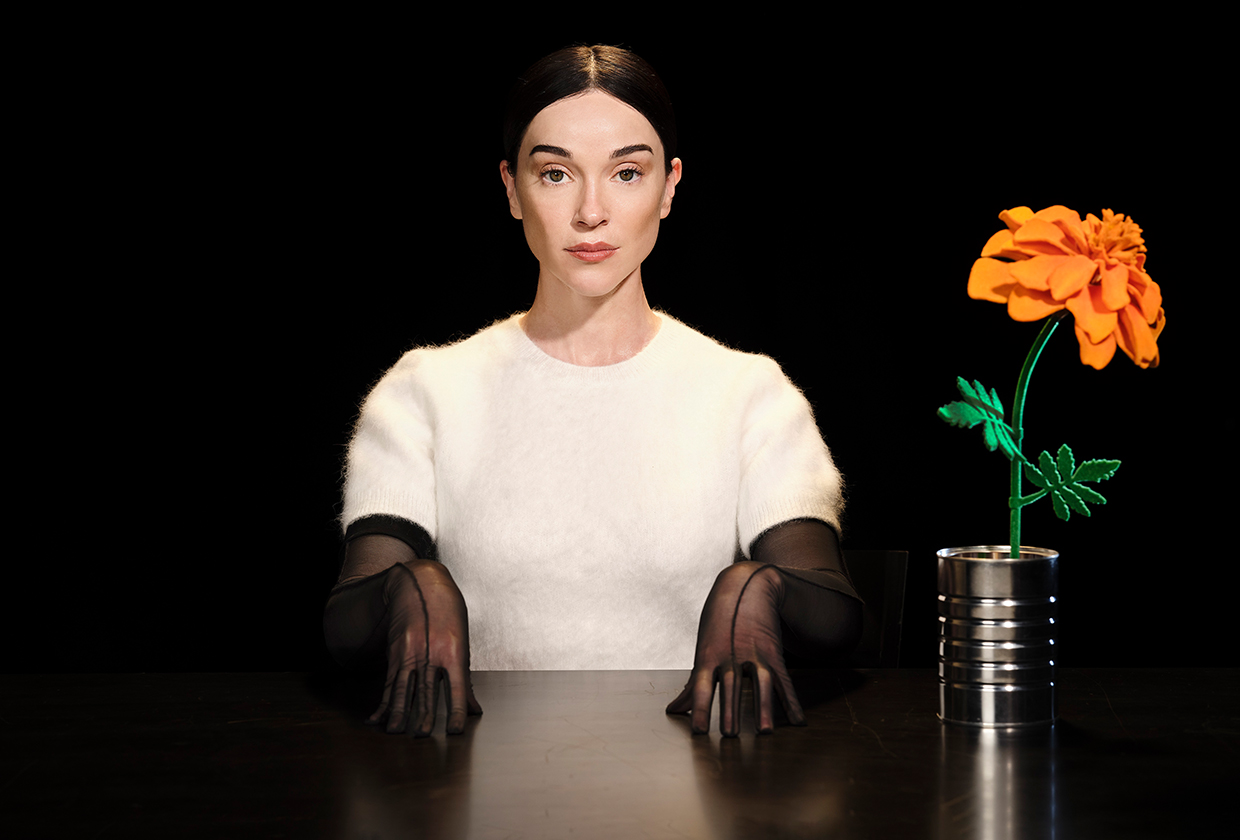
All Born Screaming is your seventh studio album. How does this collection of songs reflect where you are as an artist and personally?
Every record I've made is a snapshot of what's going on in my life, what's happening in the world, and all of that, and this record is no different in that regard. … We've been through a lot these past couple of years in terms of loss and grief and losing people we love. One thing that loss does is takes all the noise away and all the things that really don't matter and distills life into things that are not easy but quite simple. Love is all we have, the people we love. That's it—that's all we got. Only reason to live. Only reason to make anything. The way that's reflected in this work is with… There's an urgency to it. I'm stripping away anything that feels cute or too clever. We don't have time to waste, so let's just get straight down to it.
What was the first song you wrote for this album, and how did it set the tone for the rest of it?
"Broken Man" was the first song I wrote for the record. … I was in my studio, and I set up all my modular synths, and I set up my drum machines, and I was like, "This is analog gear, and I'm going to use electricity, and that electricity is going to go through this unique circuitry." What that means basically is chaos, or you're harnessing electricity like you're a god. I found that main beat, riff, modular machine after lots of hours of trying and playing and having fun and all that. I was like, "Oh, that. That I can build a whole song around. That makes me feel alive. That lights me up inside." So that was the first one.
Is that why "Broken Man" is also the first single off the record?
I think that one represents the most violent extreme of the record. It was like, "Okay, I want to throw a little bit of TNT into the middle of the dance floor." … We're not fucking around. Let's go. So yeah, that was the thought process with "Broken Man." Not necessarily that it was the first song I wrote for the record—just that it was the most potent in that form.
Where are you wanting to take people with this album?
Well, in some ways, I want the listener to go wherever a listener is taken. I want them to go wherever their imagination goes, and I don't have a prescribed idea of what that should be or how they should feel or anything like that or what they should think it's about. That's all for them, and that's the beauty of making music and sharing music. The first part of the record is a bit like a season in hell. It's like, "Hey, guess what? Life's impossible. The human condition, life is kind of impossible." But the second half is, "Yeah, of course it is, but we get to live it, and we've only got one of these, so we gotta do it." It's a lust for life, to quote Iggy Pop. We gotta do it, and the only reason to do anything is love and the people we love. That's it. In some ways, it ends in an ecstatic mantra. We're all born screaming. The beauty and the brutality are all part and parcel of the same wild continuum that it is to be alive.

This is your first self-produced album. Why did you want to go about it solo this time?
I think there are some places emotionally that you can really only go alone. There were some songs I needed to sing a hundred times to rid myself of any performance. You don't have to be it because you are it. You've lived it. Just sing it raw. Sing it true and without ego or vanity or those kinds of things. There was that aspect, which I just wouldn't have wanted to put anyone else through. I'm merciful in that way. Also, sound has meaning. If something sounds aggressive or caustic or angelic or dry or all of those things, there's a reason for it, and the reason is the intrinsic DNA and meaning of the song. … Only I know what the picture is in my head, so I couldn't really ask anybody else to render it. It was also about just finding my own lexicon as a producer in the same way that you hear. As Miles Davis said, the goal of an artist is to become themselves, is to sound like themselves. I think I sound like myself, you know, as a guitar player, and people can recognize my voice, but I wanted to sound like myself as a producer. That was the next frontier for me.
Did you find it more challenging to be on your own in this, or did you actually really enjoy it?
Both! Really, truly both. There wasn't anybody to pat you on the head and say, "You've done a good job." That's only you who can say, Is this the best rendering of this vision? Is this the best that you can do? Of course, you always do that on all of your records because you just do, but only you know the answer, so there's no outsourcing of "Great, you got it. Let's move on." In that way, it was harder, but at the same time, I think it's definitely a challenge worth taking and the only way to get there.
As a perfectionist, how do you know when you got it when you don't have that other voice in the room?
It is hard. I'm not going to lie to you. It's hard to toggle between the big picture and the minutia. [Factoring] in engineering, which a fair amount I did myself too, it's not a linear process I would say. You just gain a new level of intuition and confidence in the thing because you don't know how you know. You just know it's right.
Is there a song that feels most personal or like a triumph in terms of its creation?
Oh gosh! For better or worse, it's all just me. But I think I had a sort of mystical experience in the making of "Hell Is Near." I knew what it wanted to feel like, or I knew what I wanted it to make me feel. But writing and rewriting lyric and approaching it, it was just one of those songs where I honestly felt like I was in Indiana Jones and the Last Crusade—where it's like, "Only a penitent man shall pass." It's like, "Oh, you have to bow before it." Anytime I tried to sing it, … it would crumble, and it would fall apart. From a lyrical standpoint, from a vocal approach, you just had to sing it as simply and as beautifully as you could with no ego or bullshit in order for it to live. Any extra sauce, any lyrics that were too literal or on the nose, it just crumbled.
You worked with some noteworthy musicians on this album, including Cate Le Bon and Dave Grohl. Why did they feel right for this album?
Dave is a buddy of a mine, and we've been buddies since I helped induct Nirvana in the Rock & Roll Hall of Fame. Cate is a longtime friend of mine as well. She's just one of my favorite artists. I love her as a producer. I love her as a songwriter. She just creates these worlds. So it was a combination of people who had all the chops in the world, all just incredible players, but who also were going to bring all of themselves to the performance and have excellent taste. The reason why Dave is such a great drummer is because he's such a great songwriter, and he brings so much power, but he is also there harnessing the energy of the song and then just amping it up to 11. He always serves the song with his drumming. Same with Justin Meldal-Johnsen, who played bass. Just real rippers with really exquisite taste.

Do you have fashion profiles or aesthetics for each of your albums? If so, how would you describe the look for All Born Screaming?
Well, as a matter of fact, I do. … I'm black and white and the colors of fire. That's the color scheme, and I won't stray from that, again, because it ties into the meaning of the music. It all comes from the music, and you extrapolate out and build the whole world. I think there's a certain primness to it, like a shirt buttoned all the way to the top. [This], in my mind, is a scarier person than someone who is letting it all hang out. The person who is very tightly wound without a hair out of place, that's like lady American Psycho territory. It's kind of austere, but then to me, the kicker of this particular look is the white underwear. A pair of white underwear underneath a miniskirt is so deeply perverse to me in a way that makes me laugh and also feel very uncomfortable. I don't know if you saw the "Broken Man" video, where you catch a peek and you're like, "Oh, that is really uncomfortable."
Do you create mood boards for albums and your stage looks?
Oh yes! It's all deeply considered. My friend Alex Da Corte did the creative direction on this, and it all started when we were in Madrid this summer at the same time, and we went to the Prado, and we saw Goya's Black Paintings, and that's "Saturn Devouring His Son" and "Witches' Sabbath," so you know there's a little bit of "burn the witch" aesthetic in the art. But it's definitely like a bonnet. A bonnet gives Crucible "burn the witch" energy and, again, is prim in a way that is actually way more unsettling than if someone looked wild. So between Alex, between my own personal sense of style and dreaming about this, and then my homegirl Abigail Collins, who I've been working with since the St. Vincent album campaign. This one is not a deconstruction of a persona or a character or anything. It's just me.
Outside of music, you directed a segment of the horror anthology film XX and co-wrote and starred in the psychological thriller The Nowhere Inn. Do you have further Hollywood aspirations?
There are things that I understand about performance because, for a lot of years of my life, I've gone out on a stage in front of people and performed for an hour and a half. That's just lived experience. There's an aspect to postmodern choreography and how that feels in your body that is so amazing and fascinating to me. If a director who I loved was like, "You know what? I would love for you to be in this film," I would be like, "Cool." I made my life saying yes to things I was afraid of and not knowing if I could do it, or sure, let's take this leap. But I also know my role in music as a producer, as a singer, as a guitar player, as all the things is a little like… The analogy would be in film. It's like if you wrote the film, directed it, starred in it, did the score, did the costumes. I sort of…
Do that.
Well, I don't mean to say that I do that. I am not an actress, and I respect that craft immensely. But I just mean from a creative and control standpoint, if I have an idea, I can go into my studio, and I can make the idea. If I need help, then I can phone a friend, and they can help me make the idea, and then it can be done. With films, it's just such a crazy longer process. I don't know that I envy that process. It's just a whole lot more and a lot more people and a lot more red tape.
Jessica Baker is Who What Wear’s Executive Director, Entertainment, where she ideates, books, writes, and edits celebrity and entertainment features.
-
 You's Final Episode Is the Proudest Thing Madeline Brewer's Been a Part Of
You's Final Episode Is the Proudest Thing Madeline Brewer's Been a Part OfIt's time to meet Bronte.
By Jessica Baker
-
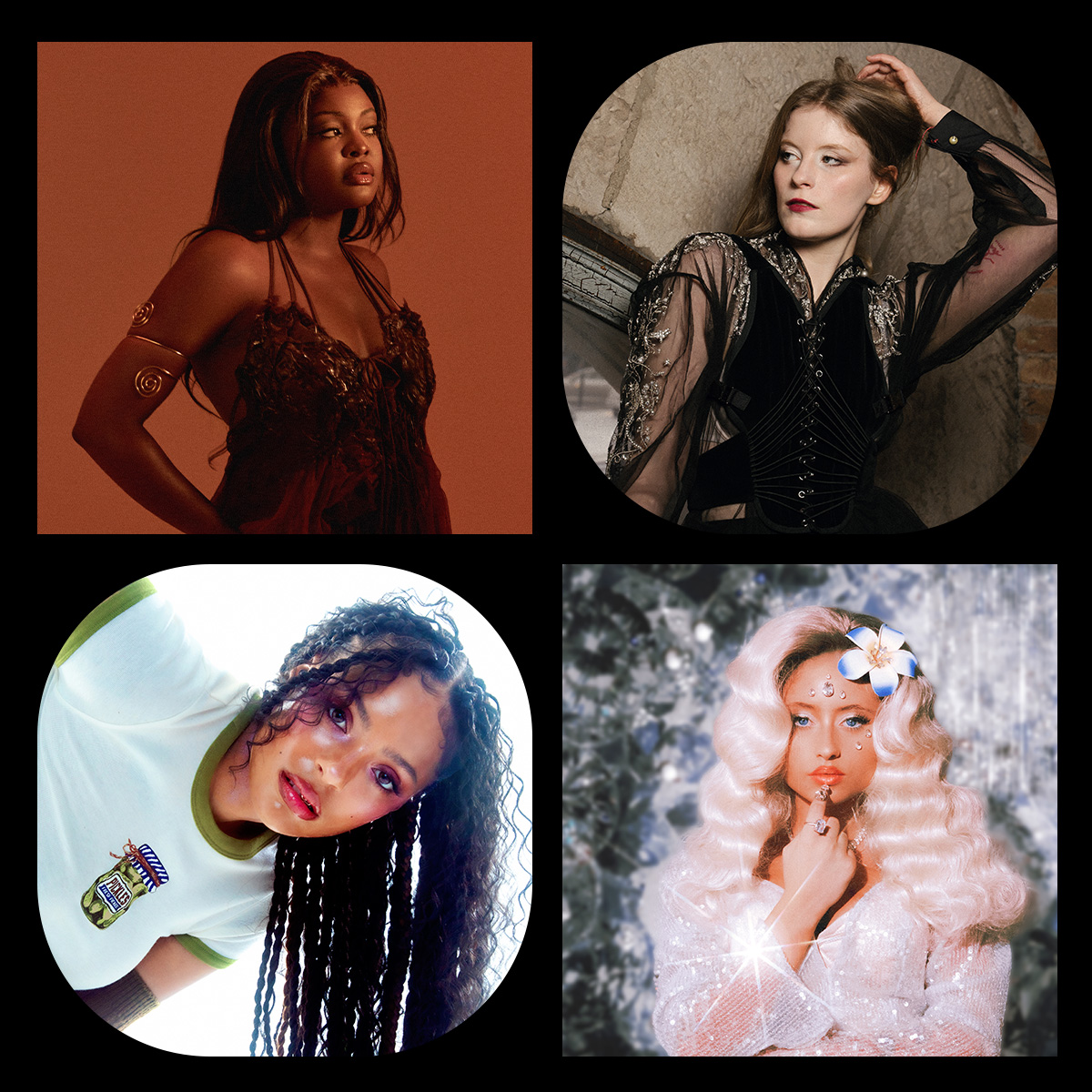 6 Artists Taking Over Our 2025 Playlists
6 Artists Taking Over Our 2025 PlaylistsAnd yours next.
By Jessica Baker
-
 Kelly Marie Tran Cordially Invites You to a Celebration of Queer Joy
Kelly Marie Tran Cordially Invites You to a Celebration of Queer JoyRSVP to the rom-com of the season, The Wedding Banquet.
By Jessica Baker
-
 Paige DeSorbo's World: Her New Book, Favorite Zara Item, and What She Loves in Her Dream Apartment
Paige DeSorbo's World: Her New Book, Favorite Zara Item, and What She Loves in Her Dream ApartmentEverything going on in this It girl's universe.
By Bobby Schuessler
-
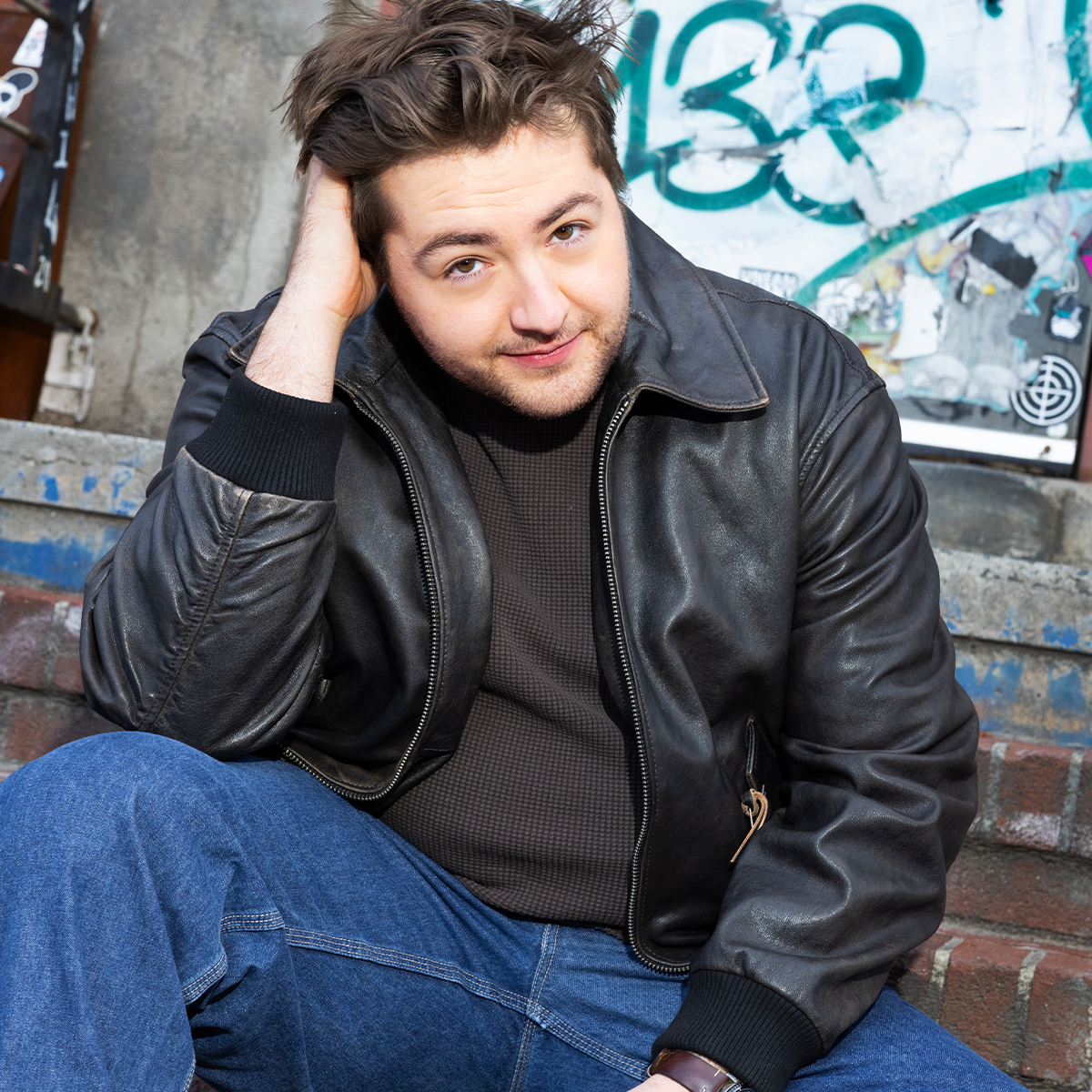 Michael Gandolfini Is Right on Time
Michael Gandolfini Is Right on TimeWith the anticipated finale of Daredevil: Born Again and A24's Warfare, the actor strikes a high note this month.
By Jessica Baker
-
 Hailey Van Lith Went Pro in Custom Coach, the Official Handbag Sponsor of the WNBA
Hailey Van Lith Went Pro in Custom Coach, the Official Handbag Sponsor of the WNBADetails inside.
By Eliza Huber
-
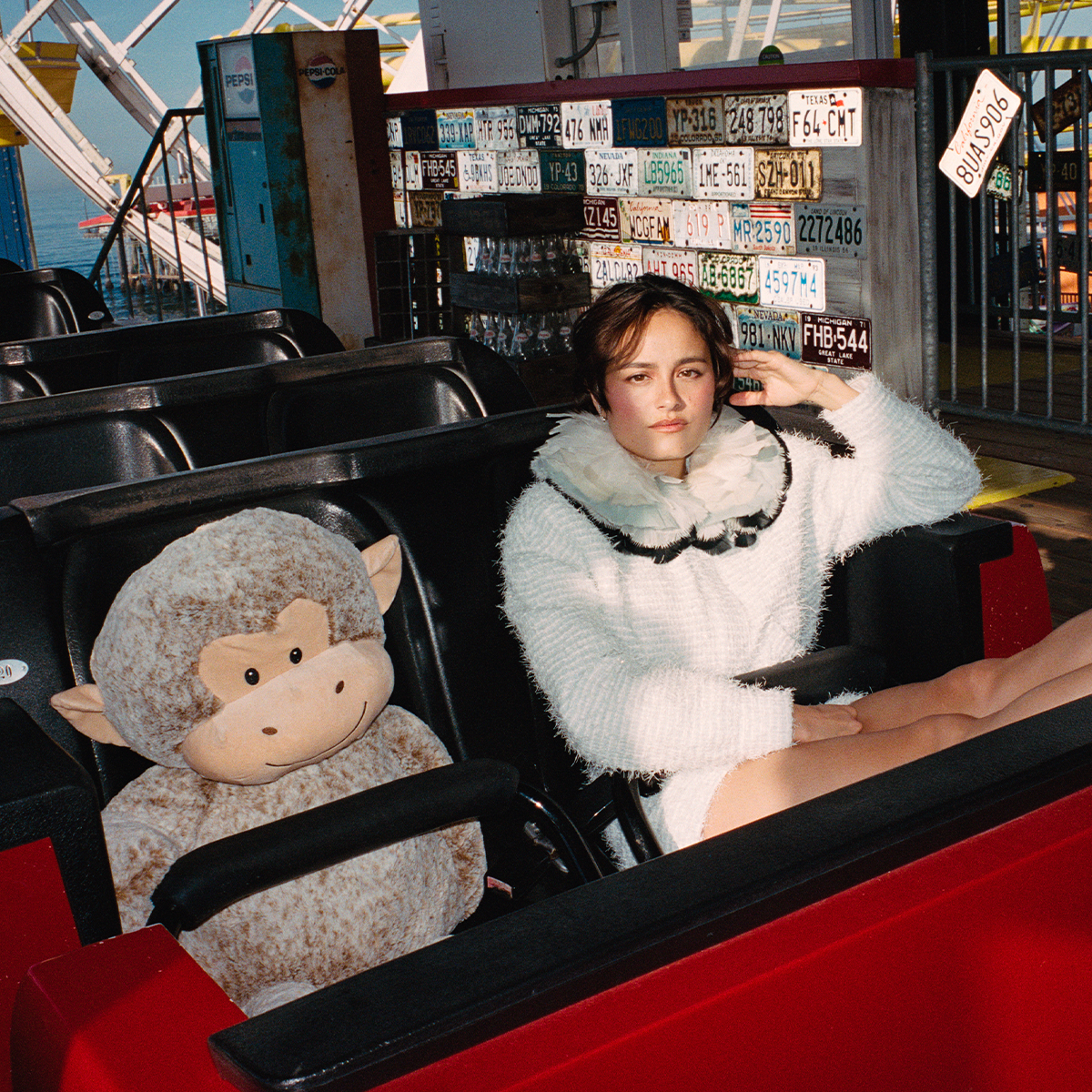 Chase Sui Wonders Demands Your Attention
Chase Sui Wonders Demands Your AttentionThe burgeoning actress came of age with Seth Rogen's movies. Now, she's starring in his latest project—The Studio, the Hollywood meta comedy now streaming on Apple TV+.
By Anna LaPlaca
-
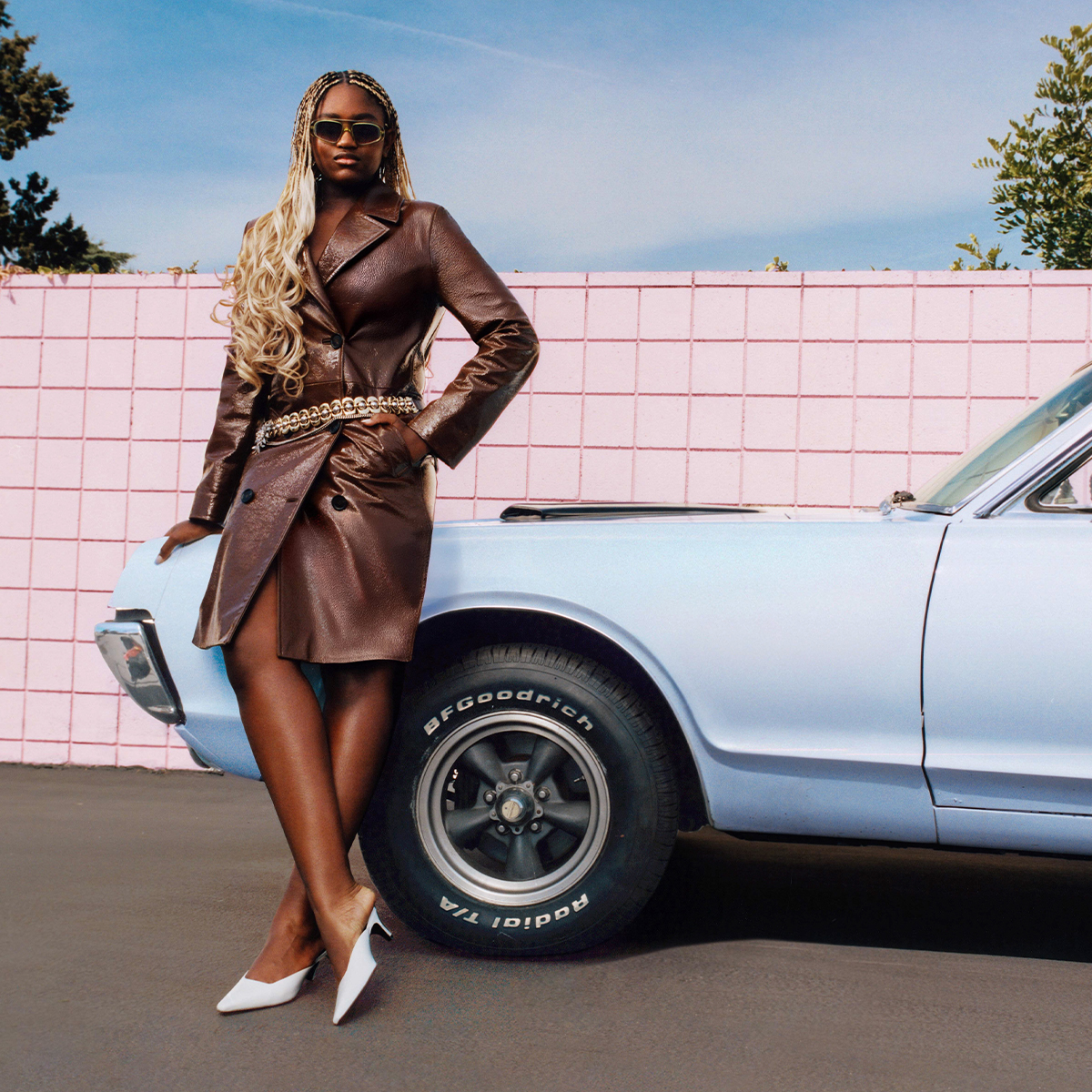 Reimagining Girlhood With Zaya Wade
Reimagining Girlhood With Zaya WadeAt just 17 years old, Zaya Wade is rewriting the narrative on what it means to be a Gen Zer.
By Ana Escalante

